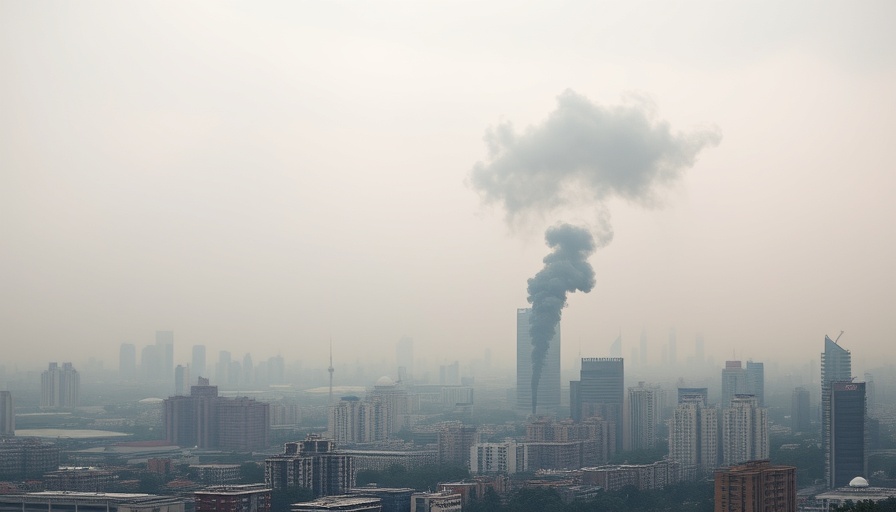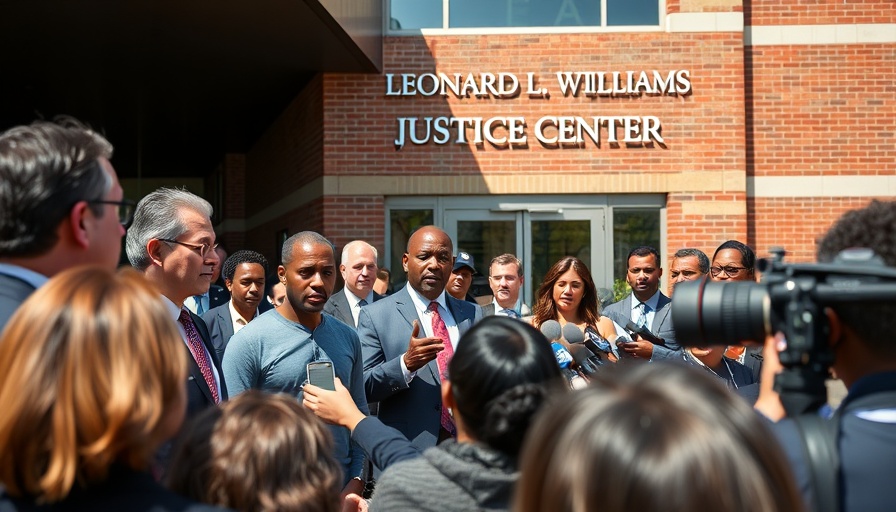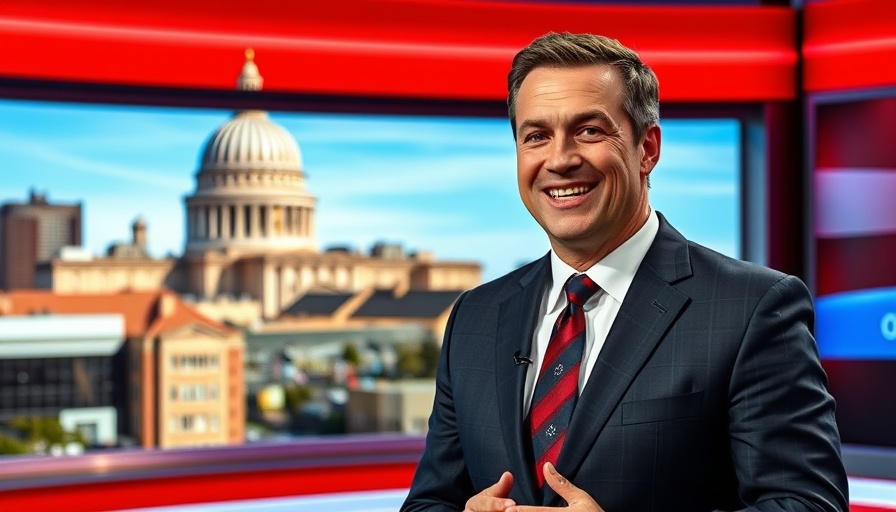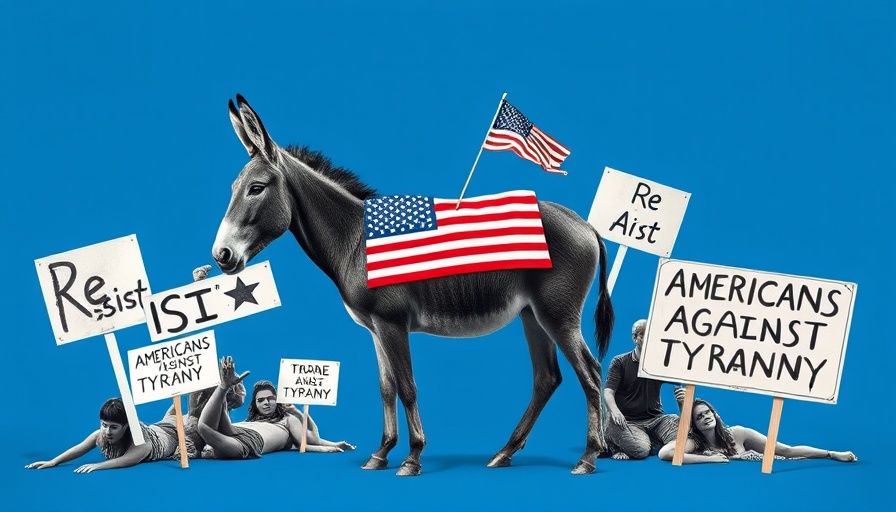
Europe's Diplomatic Close: A Pivotal Meeting
On Friday, diplomacy between Europe and Iran is at a crucial juncture, as Iran's Foreign Minister Abbas Araghchi prepares for discussions in Geneva with officials from Germany, France, and the United Kingdom. Amid escalating airstrikes targeting Iranian military and nuclear facilities, this meeting represents a significant effort to quell tensions and promote dialogue at a critical time.
The U.S. Stance: A Shift Towards Military Action?
In stark contrast to Europe's approach, U.S. President Donald Trump appears to be leaning towards military action against Iran, expressing a willingness to bomb Iranian infrastructure and demanding the Iranian leadership's unconditional surrender. This decisive difference in strategy raises questions about the future of Western influence and diplomatic efforts in relation to Iran, as Europe seeks to temper the situation through negotiation.
The Importance of Joint European Diplomacy
The E3 countries—Germany, France, and the UK—believe that returning to diplomacy is essential to diffuse the current crisis. A joint statement released on Wednesday calls on all parties to exercise restraint and avoid any actions that could exacerbate the conflict. With the Geneva talks marking the first face-to-face meetings since the latest round of hostilities began, Europe hopes to engage Iran constructively while concurrently managing the threat of U.S. military intervention.
Implications for International Relations
Germany's Foreign Minister Johann Wadephul expressed the necessity for Iran to demonstrate a willingness to cooperate, emphasizing that Iran must take verifiable measures that prove its intentions are peaceful. The onus is now on Tehran to assuage fears regarding its nuclear agenda, which remains a focal point of contention in international negotiations.
Regional Perspectives: The Broader Middle Eastern Landscape
As the crisis unfolds, broader regional implications arise, stressing the importance of preventing any spillover effects that could destabilize neighboring areas. Discussions between Chancellor Friedrich Merz of Germany and Qatar's Emir highlighted the need to maintain a diplomatic avenue for conflict resolution without allowing the tensions to escalate further across borders. With the potential ramifications for the human security of millions in the region, maintaining communication channels is critical.
Looking Ahead: The Future of Iranian Diplomacy
As the Geneva meeting kicks off, the international community is left to wonder whether this diplomatic endeavor will yield fruitful outcomes. The EU's commitment to preserving pathways for negotiation amid rising tensions suggests not only a proactive approach but also a recognition that a military resolution may prove disastrous for all parties involved. Policy experts predict that sustainable results depend significantly on constructive dialogue involving all stakeholders, including those traditionally at odds.
Actionable Insights for Global Leadership
Moving forward, world leaders must recognize the delicate balance required when navigating international negotiations with adversarial nations. Efforts should be concentrated on fostering dialogue over military action, as historical precedence suggests military interventions often lead to prolonged conflict rather than resolution. Understanding Iran's position, showcasing a willingness to listen, and committing to cooperative international standards could yield a pathway to lasting peace.
In summary, while U.S. leadership signals a pivot towards aggression, Europe’s commitment to diplomatic avenues offers a contrasting perspective focused on de-escalation and cooperation. How the Geneva talks unfold will play a pivotal role in shaping the future of regional stability and international relations.
Our emphasis on diplomacy and negotiation as tools for international conflict resolution is paramount. As the situation evolves, global citizens must continue to advocate for solutions that prioritize peace over conflict.
 Add Row
Add Row  Add
Add 



Write A Comment